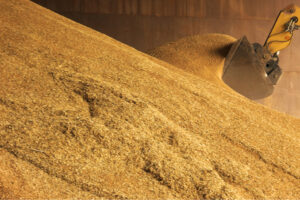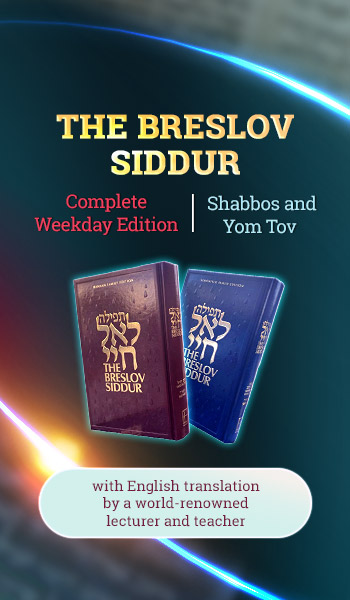Finding the Divine Within Our Food
Shlomo HaMelech in Mishlei writes that a tzaddik, a righteous individual, eats to satisfy his nefesh, soul. Reb Noson points out that the word nefesh was used deliberately, as opposed to perhaps the more generic term life. True the body benefits from the food, but a tzaddik’s main intent when eating is to elevate the physical and nourish the soul. This manner of eating accentuates the exalted aspect of the human being, the soul. By raising a person’s consciousness of Hashem, eating can connect him to Hashem’s oneness, His achdus ha’pashut.
In contrast to this, an animal eats exclusively to satisfy its body’s needs and desires, and therefore, any food, anytime, in whatever quantity is acceptable. This kind of eating gives disproportionate control to the physical aspect of being a human being, pe’ulos mishtanos, and can draw one further away from the achdus ha’pashut of Hashem.
When Hashem warned primordial Adam and Chava that should they eat from the tree of knowledge they would die, what He was telling them, Reb Noson explains, is that eating – attachment to physicality – has the potential to effectuate death. The true definition of life is connectedness to Hashem, whereas death manifests when that relationship has been severed and the body becomes entirely subsumed in the physical, devoid of its soul. The more one acquiesces to base physical desires, G-d forbid, the greater the distance between him and Hashem. But the converse is true as well, the more one subordinates his physical side to the spiritual, the more connectedness and life he’ll experience.
The way to achieve the best result possible, despite our reliance on the physical, is mindfulness when we eat. Every aspect of the eating process can play an important role; ensuring that the food is kosher, that the correct bracha, blessing, is recited before and after, making our brachos with attention, eating in a dignified way that is not gluttonous, et cetera. When approached this way, our eating becomes comparable to that of a tzaddik, who is the embodiment of the true intention for the creation of the world – unity with Hashem.
(Based on Likutey Halachos, Choshen Mishpat, hilchos shutafim b’karka 2)
- 0 comment






















